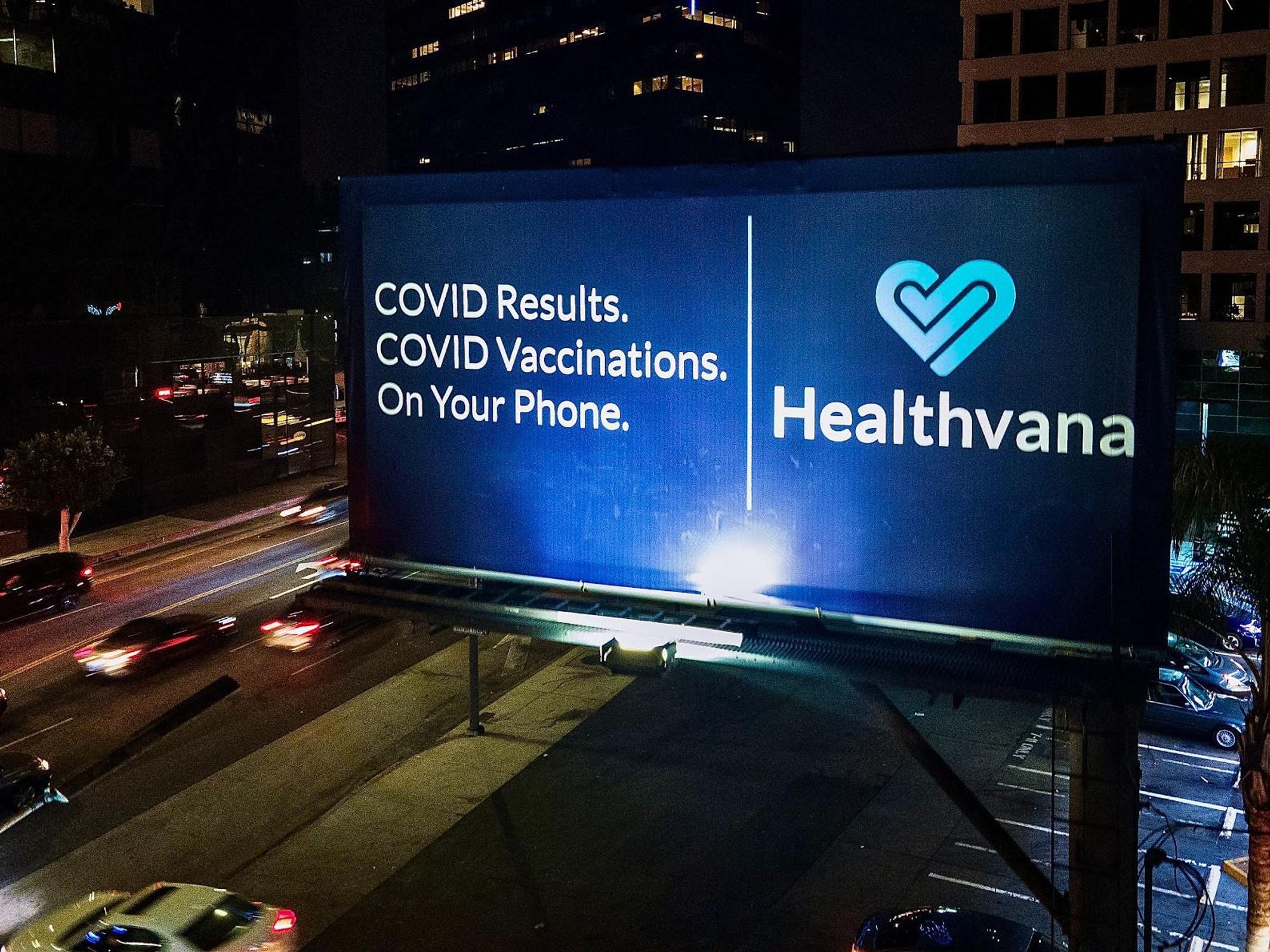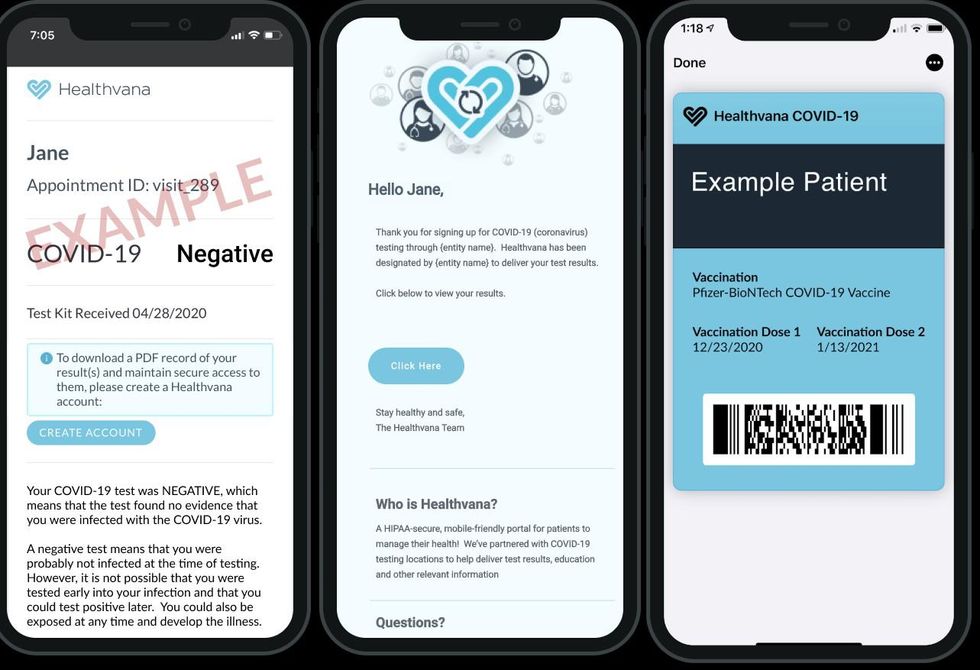Healthvana, Once Focused on HIV Results, Partners with LA on Vaccination Records and Reminders
Francesca Billington is a freelance reporter. Prior to that, she was a general assignment reporter for dot.LA and has also reported for KCRW, the Santa Monica Daily Press and local publications in New Jersey. She graduated from Princeton in 2019 with a degree in anthropology.

Los Angeles officials are preparing for the next phase of a massive vaccine campaign that will test the region's capabilities. Most Angelenos aren't expected to get the vaccine until the spring or summer.
Among the stickiest of problems is how to ensure patients are given a second vaccine dose or "booster dose" meant to make the inoculation 95% effective and authenticate who has the vaccine.
With no national strategy, individual counties have been desperately looking for solutions. In Florida, Bloomberg reports that officials trying to rollout the vaccination have turned to party reservation system Eventbrite as government websites become overwhelmed.
In Los Angeles, the nation's most populous county, officials have enlisted Healthvana, a healthcare startup that in 2015 began delivering HIV results to users over its platform.
Since April, the company has provided coronavirus test results to patients accessing a number of county testing sites — including one at Dodger Stadium — through its partnership with labs like Curative.
It's likely that a slew of tech solutions will spring up as more vaccinations are administered across the country and the need to show proof of immunization grows.
"There won't be one system across the country that manages all of this, from what we know," said Healthvana CEO Ramin Bastani. "We're not trying to be the only system."

After receiving a dose of the vaccine from a county vaccination site, Healthvana sends the patient an email or text message to view their digital vaccination record. Users can then opt-in to receive text messages and email reminders for the second dose and store the record in their Apple or Google Wallet.
The Department of Public Health said this technology will not replace the paper vaccination cards. Those without smartphones can print a PDF version of the Healthvana record or stick to that hard-copy documentation.
"It's kind of similar to credit cards as a form of payment," Bastani said. "It's not like you can only use an American Express across the country and that's the only form of credit card."
But Bastani is careful about how he's positioning this tool and says these records don't serve as an "immunity passport."
L.A. County has administered 75,015 doses of the Pfizer-BioNTech vaccine and 7,871 doses of Moderna's. Together, that represents just 30.7% of all doses allocated to the county.
In a briefing Monday, Gov. Gavin Newsom said the state remains in phase one of its vaccination plan, which prioritizes the roughly three million health care workers and long-term care residents. Phase 1B will first target people over 75 and workers in education in childcare, emergency services, food and agriculture.
"We are working aggressively to accelerate our pace," he said. "That said, it's gone too slowly."
This post has been updated.
- Here's How Curative, Inc, Plans to Roll Out Coronavirus Testing to ... ›
- Dodger Stadium Prepares for COVID-19 Vaccinations - dot.LA ›
- COVID Vaccine Passports: A Crowded and Unregulated Market - dot.LA ›
- Healthvana Hopes to Offer Californians and Their Businesses Piece of Mind - dot.LA ›
- California Unveils Its Digital Vaccination Record - dot.LA ›
- Healthvana Rolls Out Vaccination Records to LA Android Users - dot.LA ›
- Here's How You Can Show Proof of Vaccination in Los Angeles - dot.LA ›
- LA County Sets New Indoor Vaccine Requirements - dot.LA ›
- Healthvana Gives Patients With COVID Free Telehealth Visits - dot.LA ›
- How Physicians Are Using Digital Devices To Track Patients - dot.LA ›
Francesca Billington is a freelance reporter. Prior to that, she was a general assignment reporter for dot.LA and has also reported for KCRW, the Santa Monica Daily Press and local publications in New Jersey. She graduated from Princeton in 2019 with a degree in anthropology.



 Image Source: Revel
Image Source: Revel
